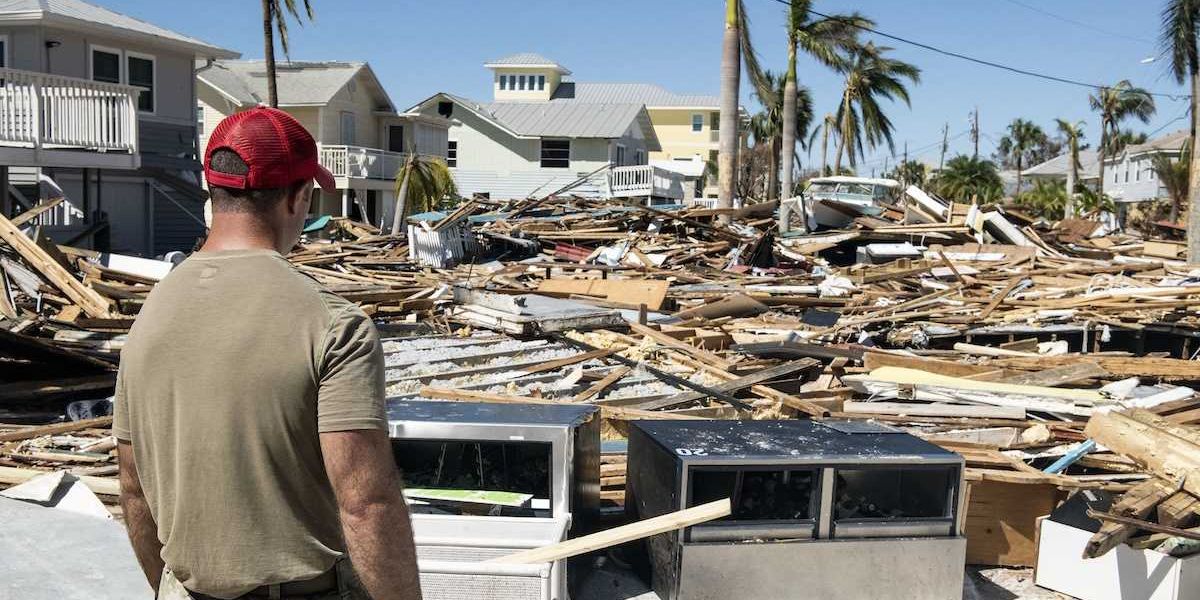The Pennsylvania Senate debate spotlights fracking, clean energy and steel industry issues
During their first Senate debate, Democrat Bob Casey and Republican Dave McCormick sparred over fracking, clean energy investments and the sale of U.S. Steel, accusing each other of distorting the facts.
Kiley Bense reports for Inside Climate News.
In short:
- McCormick falsely claimed that Pennsylvania lost energy dominance due to restrictive fracking policies, despite natural gas production soaring since Casey’s election.
- Casey defended his consistent support for fracking and his vote against a ban, countering McCormick’s accusation of dishonesty.
- McCormick also incorrectly blamed environmental regulations for U.S. Steel’s decision to invest in Arkansas instead of Pennsylvania.
Key quote:
“I supported legislation just two years ago that made the greatest investment in clean energy in American history, allowing us to combat climate change, and at the same time, have supported an all-the-above energy strategy for Pennsylvania.”
— Bob Casey, Democratic Senate candidate
Why this matters:
Energy policy is crucial in Pennsylvania, a major natural gas producer. The debate highlighted ongoing tension between supporting fossil fuels, transitioning to clean energy and addressing environmental regulations. Voters need clarity on how each candidate's approach will impact jobs and climate goals.
Related EHN coverage:













